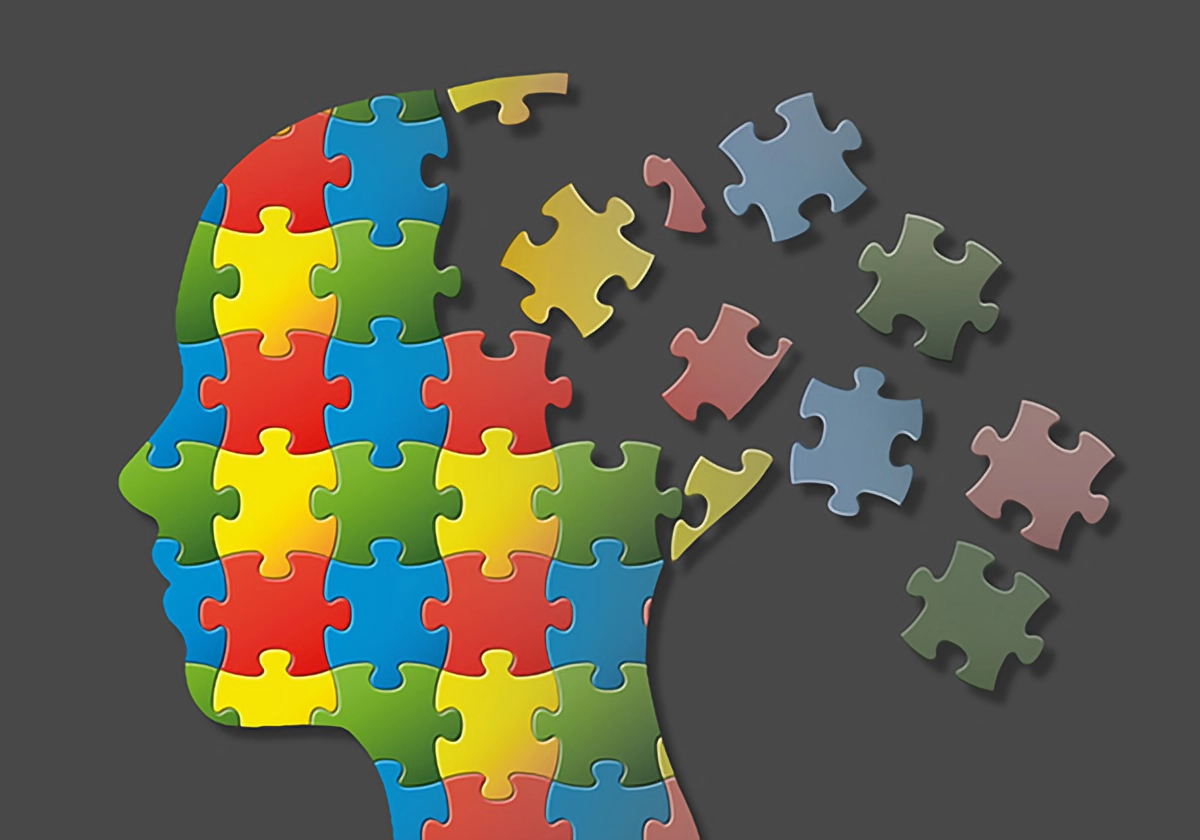We use cookies to help provide you with the best possible online experience.
By using this site, you agree that we may store and access cookies on your device. Cookie policy.
Cookie settings.
Functional Cookies
Functional Cookies are enabled by default at all times so that we can save your preferences for cookie settings and ensure site works and delivers best experience.
3rd Party Cookies
This website uses Google Analytics to collect anonymous information such as the number of visitors to the site, and the most popular pages.
Keeping this cookie enabled helps us to improve our website.
Blog: How to Keep Your Brain Sharp As You Age By Dr Aisal Khaldi
As we grow older, maintaining brain health becomes just as important as keeping the body fit.
Fortunately, research shows that simple lifestyle changes can help support cognitive function and reduce the risk of memory decline. Here’s how you can keep your brain sharp as you age.
1. Stay Active to Boost Brain Health
Regular physical activity is one of the best ways to keep your brain in top shape.
The American Heart Association highlights that exercise not only improves heart health but also enhances cognitive function and reduces the risk of cognitive decline.
How much exercise do you need?
- Aim for at least 150 minutes of aerobic exercise per week ( e.g brisk walking, swimming or cycling)
- Strength training and balance exercise can also contribute to overall brain and body health


2. Eat Brain-Boosting Foods
What you eat significantly impacts brain health. Research supports that diets like the Mediterranean, DASH, and MIND diets are linked to better cognitive function [2]. These diets focus on:
- Fruits and vegetables
- Whole grains
- Nuts and seeds
- Lean proteins (like fish and legumes)
- Healthy fats (such as olive oil)
3. Keep Your Mind Engaged
Keeping the brain stimulated can help delay cognitive decline. Activities that challenge and engage the mind promote cognitive reserve, which acts as a buffer against dementia [3].
Try these brain-boosting activities:
- Learning a new language or musical instrument
- Solving puzzles, playing chess, or doing crosswords
- Reading books or engaging in creative writing


4. Manage Your Heart Health
What’s good for the heart is also good for the brain. The American Heart Association stresses that managing cardiovascular risk factors is essential for brain health [1].
To protect your brain:
- Keep blood pressure, cholesterol, and blood sugar levels in check
- Avoid smoking and limit alcohol intake
- Manage stress through relaxation techniques like meditation or deep breathing
Aging doesn’t mean inevitable memory loss. By incorporating regular exercise, a healthy diet, mental stimulation, and good cardiovascular care, you can keep your brain sharp for years to come. Small lifestyle changes today can make a big difference in preserving cognitive function and overall well-being.
Need personalised advice? Speak with your GP about ways to support brain health as you age.
Sources:
- Gorelick PB, et al. Stroke. 2017.
- Beyer JL, et al. Current Psychiatry Reports. 2024.
- Gilkey R, Kilts C. Harvard Business Review. 2007.
Published: Apr 23, 2025
